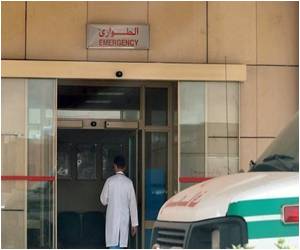The rise in cases affected by MERS virus led to dismissal of Saudi health minister just days after he visited a hospital at the centre of growing concerns about the kingdom's handling of the virus.

Saudi Arabia has registered by far the largest number of infections with Middle East Respiratory Syndrome since the disease’s discovery in September 2012.
Of 243 confirmed cases across the planet, 231 have been in Saudi Arabia, according to the World Health Organisation.
Of those, 76 people have died, most recently two foreigners in the commercial capital Jeddah where there have been mounting fears of a potential surge in infections.
Panic over the spread of the virus among medical staff in Jeddah triggered the temporary closure of a hospital emergency room in the city earlier this month.
The now fired minister visited the facility last week in a bid to reassure the public but on Wednesday at least four doctors at the King Fahd Hospital reportedly resigned after refusing to treat MERS patients.
The virus is considered a deadlier but less-transmissible cousin of the SARS virus that erupted in Asia in 2003 and infected 8,273 people, nine percent of whom died.
A recent study said the virus has been "extraordinarily common" in camels for at least 20 years, and may have been passed directly from the animals to humans.
Source-AFP
 MEDINDIA
MEDINDIA


 Email
Email






